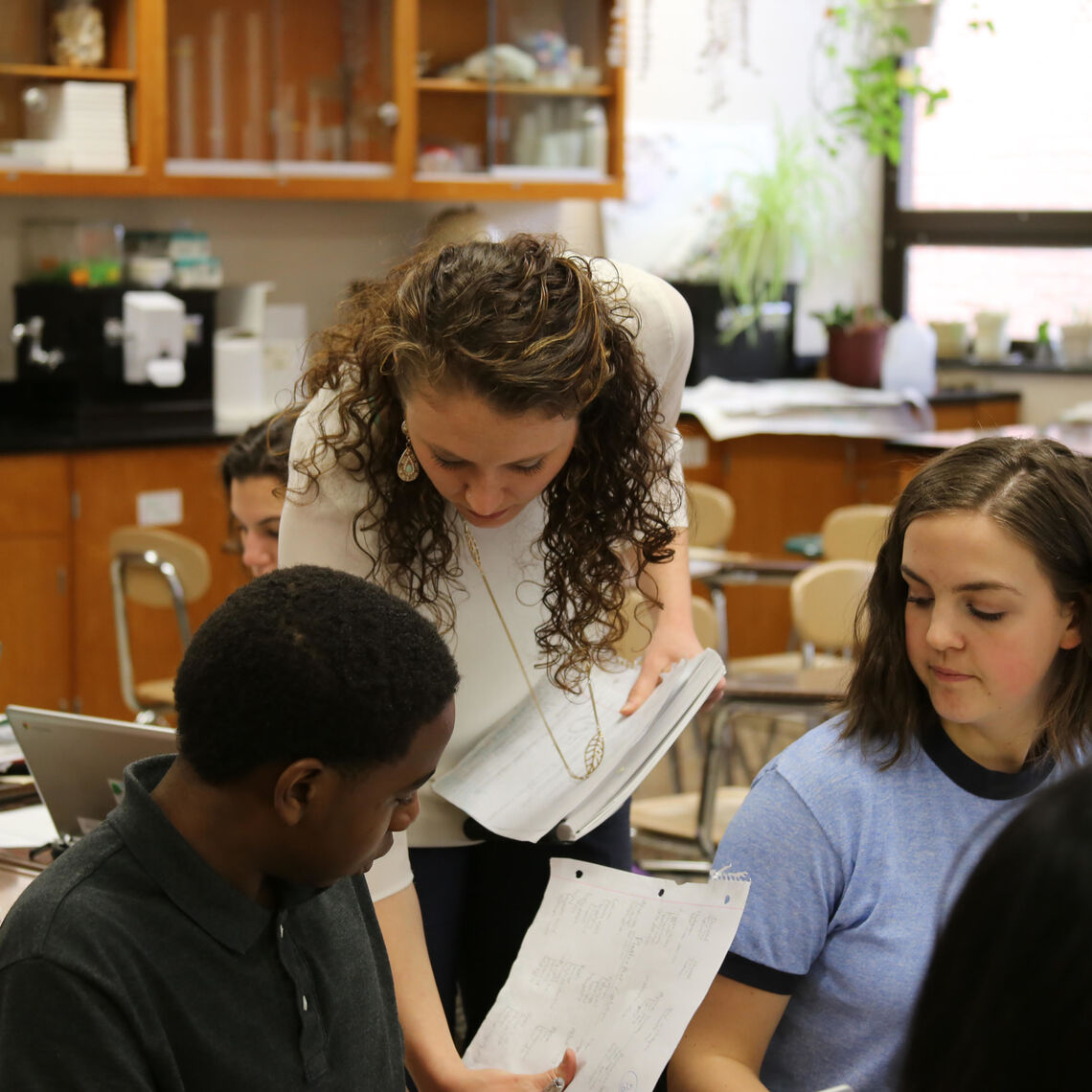Are you struggling to maintain a cooperative, collaborative active participation classroom?
Are your students or your classroom facilitation styles potentially interfering with your ability to guide students in constructing knowledge? Student non-compliance is an issue all active participation educators will need to grapple with at some point in the academic year. Often an educator, especially a new educator, will abandon an active participation classroom pedagogy for a “simpler” or more “manageable” pedagogy such as lecturing, even though academic research strongly suggests that providing students with opportunities to construct knowledge collaboratively is beneficial to their academic success.
So how does one deal with the non-compliance in their classroom? My first suggestion is to admit that it will occur. Once you realize that it will happen, you can then begin strategizing a plan to address it. I suggest to young teachers that they begin writing a non-compliance journal and record all the non-compliant events that happen. For a new teacher, solving the issue immediately may not be the best strategy. The first step is to acknowledge the non-complaint event and discuss briefly with the student why a behavior is not beneficial to the classroom learning environment. By doing so, you as the instructor, are demonstrating to the student that you are monitoring their learning, you are demonstrating that you care about them, and you are beginning to establish trust.
For example, you observe Student A not working with their learning team. Student A is working individually. Student A is not helping the learning team build a consensus on any of the critical thinking questions, and Student A is not attempting to share thoughts, ideas, or responses with the learning team. As the instructor, you approach the pod of tables at which Student A is sitting, and ask the Process Analyst how the process skill of teamwork is going (the Process Analyst will defend the learning team and say OK). I would then follow up with a question about building consensus, such as “If your team is working well and coming to a consensus to the answers to the CTQ, why is it that one member of your team is on question 15 and the rest of the team is on question 8?” I would then follow up that question by saying, “Student A I see you are on question 15. Why is that? You know the learning team goal of our class is to learn and help others Learn.” Next, I would say “Student A, can you, for the benefit of your own learning and your team’s learning, work at the same pace as the rest of the team in order to achieve our class goal?” Student A will respond affirmatively.
Will Student A start work with his/her teammates? Maybe, maybe not, but I, as the instructor, have demonstrated to the students that I am watching their classroom learning team’s interaction. I am demonstrating to the students that I care about how they are learning. I am demonstrating to the students that I care that they are productive during our classroom time.
Every time I see, hear, or begin to sense that a non-compliant event is occurring or about to occur, I verbalize the issue and then explain to the students why it is an issue and how it will impact their ability to maximize their learning potential. I write the event in my non-compliance journal and monitor future POGIL activities with Student A and determine if they were working as a more effective teammate.
Solutions to non-compliance are possible but they do take time and repetition. Students need to know you are on their side. Understanding the reason for the non-compliance is an opportunity to build trust. Understanding how and why a POGIL class is organized and operates will benefit students’ academic success. The efforts you put forth may not be valued by the non-compliant student until after they leave your classroom. Speed and adaptability are important when dealing with non-compliance, as problems grow worse when they are allowed to fester.
Working collaboratively with a team of teachers (in your school or with your POGIL network) also helps you find solutions and reduce the stress of dealing with non-compliant students. In order for students to construct knowledge, the barrier of non-compliance must be minimized to keep the class moving forward toward academic success.
Urik Halliday, Von Steuben Metropolitan Science Center, Chicago, IL

Student Non-Compliance in the Active Participation Classroom
Thursday July 7th, 2020